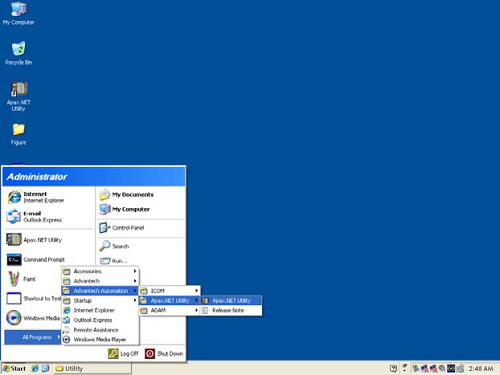

Windows Embedded Standard 2009 is derived from Windows XP Embedded since Microsoft does not yet have a componentized version of Windows Vista. Microsoft has announced that Windows Embedded Standard 2009 will succeed XPe by the end of 2008. It is worth noting that all such laptops also have a standard OEM install of Windows in addition to the XP embedded installation.

Some Dell notebooks contain an embedded XP installation as part of the MediaDirect 2.0 feature. However, Microsoft has made at least one exception to this rule. Custom versions of the OS can be deployed onto anything but a full-fledged PC even though XPe supports the same hardware that XP Professional supports (x86 architecture), licensing restrictions prevent it from being deployed on to standard PCs. The devices targeted for XPe have included automatic teller machines, arcade games, slot machines, cash registers, industrial robotics, thin clients, set top boxes, network attached storage (NAS), time clocks, navigation devices, etc. Windows XP Embedded is the operating system and development platform delivering the power of the Windows operating system in componentized form to rapidly build reliable and advanced embedded devices. As of October 2008, the newest release is Windows XP Embedded Service Pack 3. The system requirements state that XPe can run on devices with at least 32MB Compact Flash, 32MB RAM and a P-200 microprocessor. Unlike Windows CE, Microsoft's operating system for portable devices and consumer electronics, XP Embedded provides the full Windows API, and support for the full range of applications and device drivers written for Microsoft Windows.

An original equipment manufacturer is free to choose only the components needed thereby reducing operating system footprint and also reducing attack area as compared with XP Professional. Windows XP Embedded Windows XP Embedded, commonly abbreviated "XPe", is a componentized version of the Professional edition of Windows XP.


 0 kommentar(er)
0 kommentar(er)
